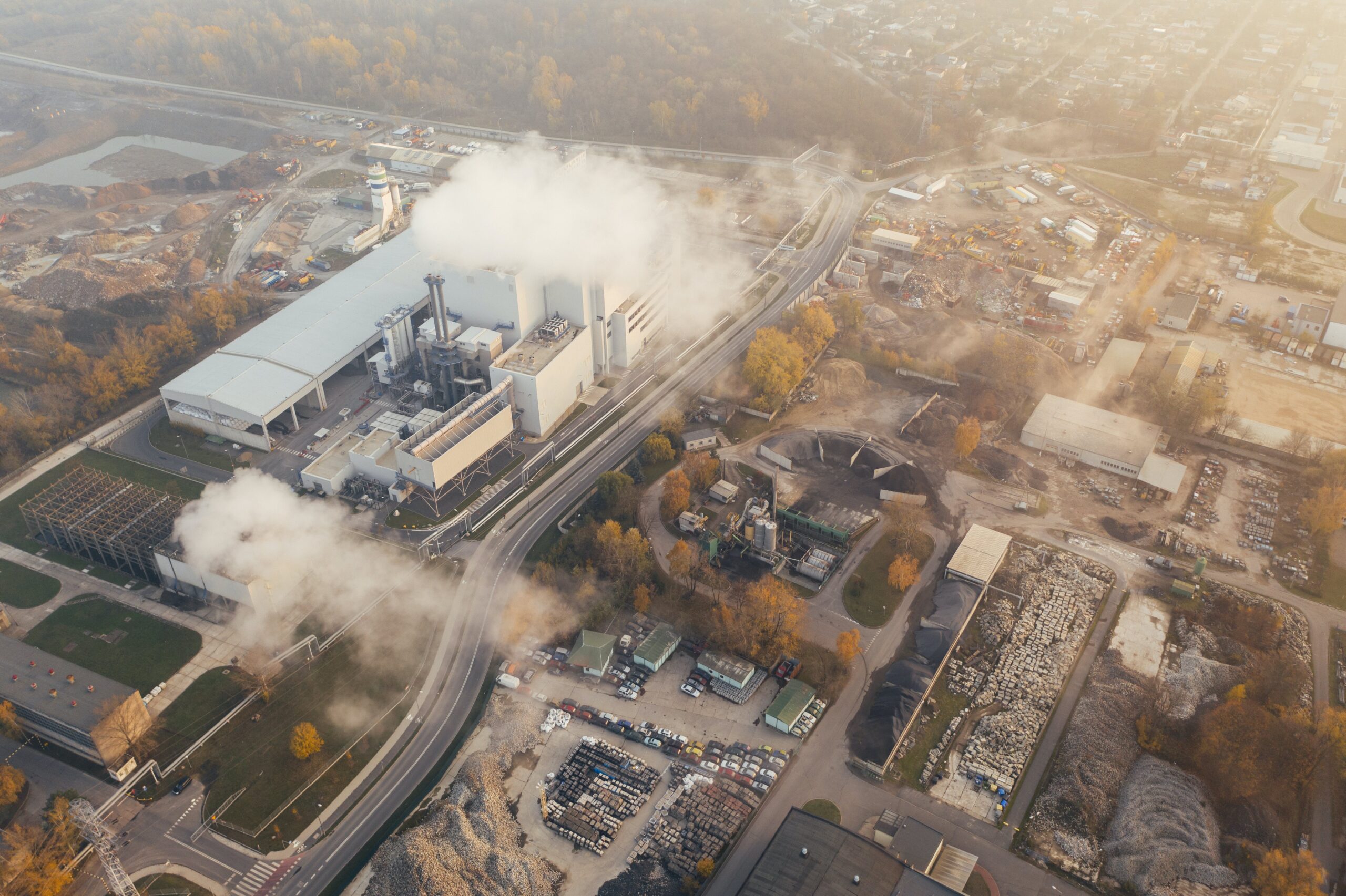Bangalore is a symbol of energy, creativity, and dynamism in the beating centre of the Indian subcontinent. Known as the Silicon Valley of India, this thriving city has long been associated with technological innovation and a global mindset. But amid the glittering skyscrapers and buzzing innovation centres, a quiet intruder has surfaced, upending the balance of the city: climate change. Bangalore is situated at the intersection of resilience and adaptation as the world community grapples with the growing difficulties posed by climate change. We go across the city’s real estate industry in this investigation, revealing the subtle ways that climate change is changing the environment and opening the door to creative solutions to protect its urban underpinnings.
Bangalore’s skyline, once a symbol of progress and prosperity, now bears witness to the far-reaching consequences of climate change. The city, celebrated for its moderate climate and lush greenery, is grappling with unprecedented risks that threaten its real estate fabric. From erratic precipitation patterns to rising temperatures and extreme weather events, the impacts are pervasive. In this narrative, we navigate the risks that loom over residential and commercial spaces alike, understanding the urgency for mitigation and adaptation measures to fortify Bangalore’s real estate against the ever-growing spectre of climate change.
The Silent Invader: Understanding the Risks
Bangalore, which was formerly well-known for its pleasant weather and abundance of vegetation, is currently feeling the effects of global warming. The city’s real estate is seriously threatened by temperature increases, changing precipitation patterns, and catastrophic weather events. Heat stress, water scarcity, and increased flooding are becoming major issues that impact both residential and commercial structures.
A. Flood Risks:
Low-lying areas in Bangalore are increasingly vulnerable to flooding, with intense and erratic rainfall becoming a norm. This poses a threat to properties, especially those in proximity to lakes and rivers. The 2019 floods were a stark reminder of the city’s susceptibility to such disasters.
B. Water Scarcity:
Bangalore’s rapid urbanisation has strained its water resources. Depleting groundwater levels and unreliable water supply systems add to the water stress faced by the city. Real estate developers and homeowners must grapple with the challenge of ensuring sustainable water usage.
C. Heat Stress:
Rising temperatures contribute to heat stress, impacting both residential and commercial spaces. As the demand for energy-intensive cooling systems increases, so does the strain on the city’s power infrastructure. This presents a dual challenge of energy efficiency and increased operational costs.
Mitigating Climate Risks in Real Estate:
A. Sustainable Architecture:
Real estate developers are increasingly adopting sustainable building practices. From green rooftops that absorb rainwater to energy-efficient designs that reduce the reliance on artificial cooling, sustainable architecture is becoming a crucial aspect of climate-resilient real estate.
B. Water Management Systems:
The integration of water management systems is paramount. This includes rainwater harvesting, efficient water recycling, and the implementation of technologies to reduce water consumption in both residential and commercial projects.
C. Green Spaces and Urban Planning:
Preserving and expanding green spaces within the city is essential for mitigating climate risks. Urban planning should focus on creating a balance between concrete structures and greenery, not only for aesthetic appeal but also as a strategic measure to combat heat stress and flooding.
Adapting to the Changing Climate:
A. Climate-Responsive Infrastructure:
Investing in climate-responsive infrastructure is vital for Bangalore’s real estate. This includes resilient construction materials, elevated structures in flood-prone areas, and the incorporation of smart technologies for real-time monitoring of climate-related risks.
B. Community Engagement:
Building climate-resilient communities involves active participation from residents, developers, and local authorities. Community-driven initiatives for waste management, water conservation, and green practices can create a collective defence against climate change impacts.
C. Policy Advocacy:
Advocating for and implementing climate-conscious policies is a shared responsibility. The government, real estate industry, and citizens must work in tandem to enact and enforce regulations that promote sustainable development and resilience.
Bangalore’s real estate industry plays a vital role in paving the way for sustainable practises in the face of climate change. The difficulties brought about by a changing climate demand a paradigm change in the way we design, build, and administer metropolitan areas. The real estate sector must lead the way in implementing and promoting sustainable solutions as the city struggles with these changing issues. This involves rethinking how urban environments interact with and respond to the natural environment, in addition to redesigning architectural practises. Bangalore’s real estate industry may lead the way in promoting climate resilience by adopting cutting-edge solutions and exemplifying how urban growth and environmental care can coexist in harmony.
Crucially, the implementation of mitigation and adaptation strategies transcends the survival of the real estate industry alone; it becomes a linchpin for the overall well-being of Bangalore’s residents. Sustainable building practices, water management systems, and climate-responsive infrastructure are not merely investments in the longevity of structures but direct contributors to the health and prosperity of the city’s inhabitants. As Bangalore navigates this storm of climate change, the real estate sector stands poised to be a beacon of resilience. It has the potential not only to weather the challenges but also to set a compelling example for urban centres globally. By championing sustainable urban development, Bangalore’s real estate can inspire cities worldwide to follow suit, ensuring a collective emergence from the storm that is stronger, greener, and more sustainable for generations to come. For further details or any kind of services in the real estate sector of Bangalore, contact the best property management company in Bangalore, Jones Asset Management.


